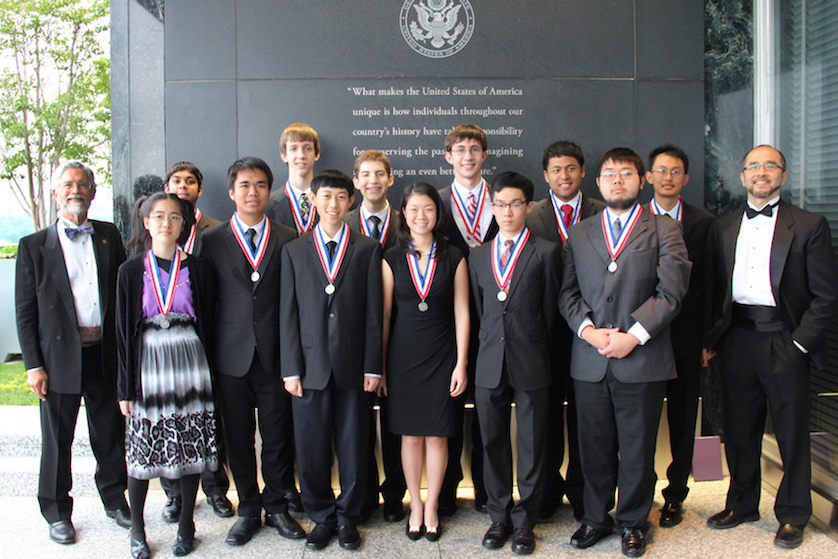Real Madrid is the most valuable Spanish football club in 2022, as listed by Forbes, at $5.1 billion. Its Belgian national goalkeeper Thibaut Courtois’s market value is 60 million euros, as is Eder Militao’s the center-back from Brazil. The left-winger Vinicius Junior (also Brazilian) is valued at 100 million euros.
You spotted something?
Here is my point: What makes Real Madrid one of the best soccer teams in the world is its recruitment of the best players from the world. And just like soccer teams, many nations are competing to attract the “best players” in the world.
In other words, if Real Madrid were a country, its strength lies in its attraction of the most talented to add value to their country.
A nation-state is simply a country made up of humans living inside their borders, with shared customs, history, and norms. During industrialization, factories and machines ruled the day. Workers were mainly low-skilled laborers that were replaceable. Today, however, the global economy has shifted to ‘cognitive workers’ and talent workers. Their value doesn’t reside in how much they can lift coals but how fast they can code and create new ideas, products, and services.
You know what is the most valuable resource in the world? Not oil. Nor data or gold. But people. Specifically, talented people. The super-achievers.
It follows that countries that have the soft power to draw in the best and brightest will have a competitive edge over other countries, just like Real Madrid is enjoying now.
Folks, the race is on to compete for the best and brightest. Let’s see what other countries are doing.
In the UK, via their global talent visa, leaders (and potential leaders) in academic, arts and cultures, and digital technology can apply for a 5-year visa (with a 1- 5-year extension) for 623 pounds. Pay another 624 pounds per year, and you access their free healthcare National Health Service (NHS). In the academic category, you must be recognized in science, medicine, engineering, or humanities. In arts and culture, you can be talented in fashion design, film and television. In digital technology, they are looking for people with high skills in fintech, gaming, AI, and cybersecurity.
It takes 3 weeks to process your visa application. And the best part is you don’t even need a job offer to apply. (Nice)
In Australia, they have a ‘Global Business and Talent Attraction Taskforce’ targeting talented individuals under 10 target sectors. Included are resources, Agrifood and AgriTech, circular economy, Defense and Advanced manufacturing.
This year, Australia is offering 15,000 global talent visa applicants, which is high and tells me of their ambition to succeed in the future economy.
In the US, under O-1 visa, individuals with extraordinary ability and achievement in science, education, business, and athletics can apply for one along with their dependent family members. This visa category offers 3 years initially, with extensions offered.
Not to be outdone, China too has been in the game for some time. Thirty years ago, China was poor. Consequently, Chinese skilled workers had migrated to the US, Canada, and Europe in droves for better opportunities. Not so today, with China attracting overseas Chinese to return home to their motherland, providing them with incentives and a much richer China today. With their “R visa,” talented individuals and scholars (e.g., Nobel Prize winners) can live and work in China for between 5-10 years.
As you can see, forward-thinking countries are thinking and acting big. They are capturing the best and brightest to add value to their culture and economy. Thailand, too, will need to attract talented individuals to help lift our education standard and advance our economy to stay competitive. Or do we only want sexpats and pedophiles?
As a case in point is our very own Lisa Blackpink. I guarantee that if she hadn’t gone to South Korea for training, she would have stayed poor in Buriram province, getting paid between 12,000 – 15,000 THB a month. Her income ceiling would have been 40,000 THB max. That’s the sad state we are in now. When people are viewed as cheap, their only way out is overseas. Conversely, if our entertainment industry is exceptional, South Korean and other ASEAN members may indeed flock to Thailand to help turn them into global superstars.
To accomplish this, we will need to reform various infrastructures and industries, which I will write about in the future. Underpinning all the reform, however, is a good quality state-wide education.

Let’s assume for a moment I’m a Nobel Prize scientist specializing in atomic energy and weapons. Imagine how many offers I would get. An offer today from Lockheed Martin – salaries, sign-up bonus, perks, equity, US green card, a house, relocation expenses. Another offer tomorrow from the Iranian leader Ali Khamenei. The day after China’s Foreign Minister Wang Yi may offer me an even better deal – one I cannot refuse.
You see my point?
The bottom-line: The value of a nation is the sum of all its people’s talents. More talents mean more value to the nation.
“But we have Sea, Sand, Sun, and Tom Yum Goong, Edward!” You say.
Wouldn’t it be even better if we have all of those plus talented individuals to diversify our economy?
It’s time to unleash talents both within the country and import exceptional individuals from overseas.
Unless we can produce and retain our talents, they will be poached!
Capish?
